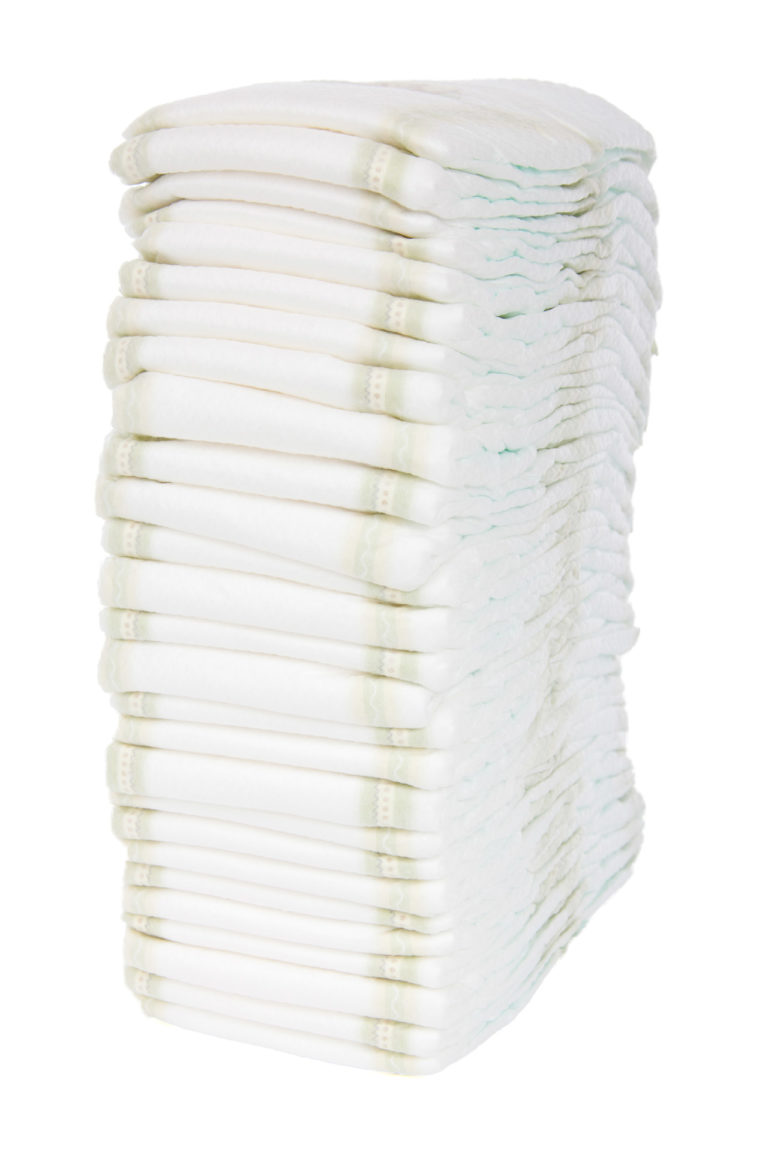Mid-September update
Procter & Gamble (but not the plaintiffs) filed an en banc petition seeking further review of the 2-1 decision striking down the ludicrous attorney-benefit-only settlement in Dry Max Pampers. CCAF filed its opposition yesterday. Similarly problematic to the Dry Max Pampers settlement is the case of Richardson v. L'Oreal, a pathetic lawsuit and settlement that seems to have forum-shopping shenanigans. CCAF attorney Adam Schulman filed an objection on behalf of a class member. One tactic class counsel engages in is…







